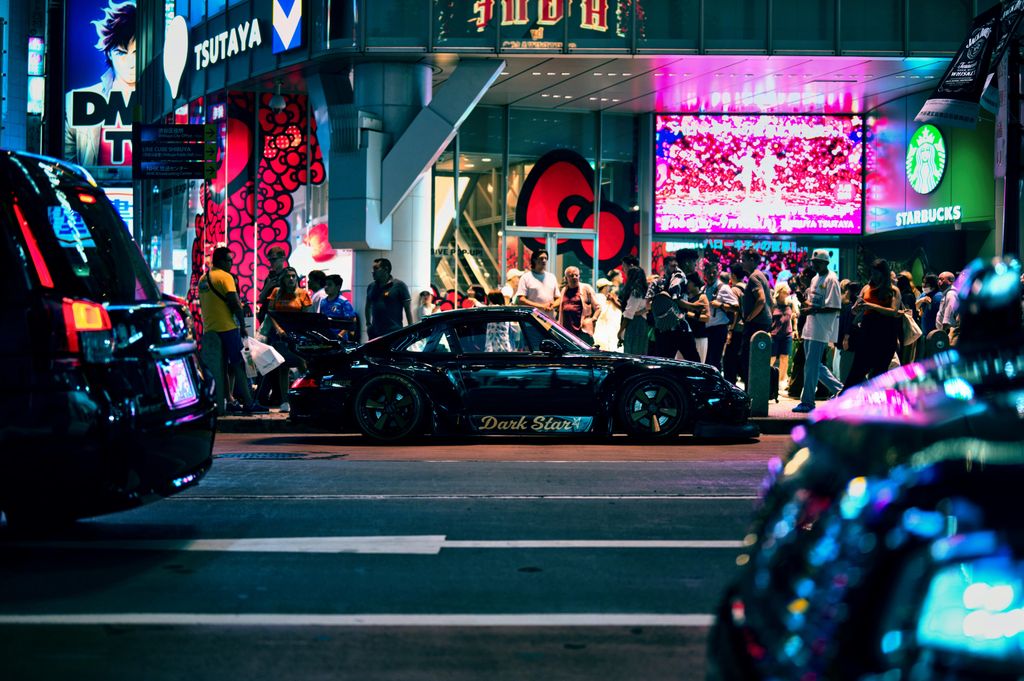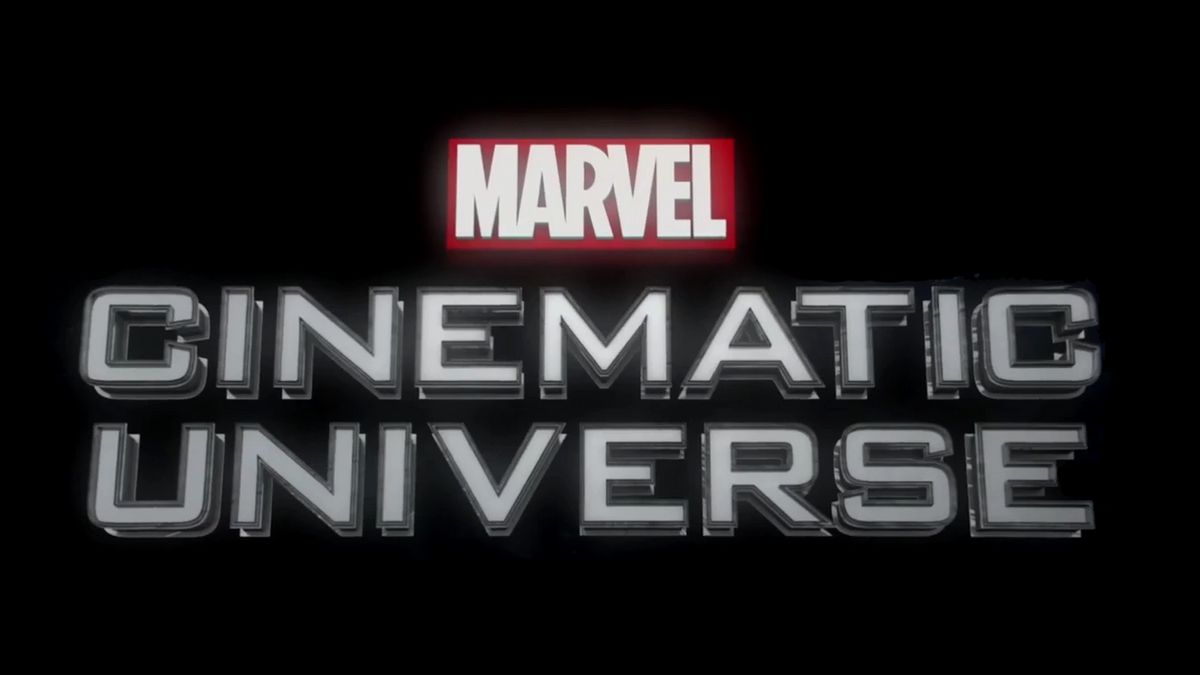
The Marvel Cinematic Universe has, without a doubt, redefined blockbuster filmmaking, drawing in legions of fans and an impressive array of talent since “Iron Man” first graced screens in 2008. From Robert Downey Jr. setting the precedent for prestige casting to more recent additions like Olivia Colman and Harrison Ford, the MCU’s ability to attract household names has been a cornerstone of its immense appeal. It’s become a cinematic juggernaut, a universe where beloved comic book characters leap from pages to live-action with breathtaking visual effects and sprawling narratives, captivating audiences globally and making superhero action thrillers a dominant force in modern cinema.
However, despite the undeniable allure of high-budget productions and global exposure, the siren call of superhero franchises doesn’t resonate with every actor in Hollywood. In an age where even veteran stars like Michael Douglas and Tony Leung have found a home within the MCU, a significant cohort of recognizable names has consciously chosen to eschew the spandex and green screens. These performers, for deeply personal and professional reasons, find themselves simply not aligned with the demands or artistic direction of the superhero genre.
This isn’t about a lack of opportunity; many have been actively pursued for iconic roles. Instead, their decisions offer a fascinating glimpse into the evolving priorities of artists in an industry increasingly shaped by massive interconnected universes. It’s a testament to diverse ambitions and creative philosophies, proving that even the most dominant cinematic force cannot command universal assent. Let’s delve into why some of the industry’s most respected talents prefer to forge their own paths, far from multi-film contracts and cosmic battles.
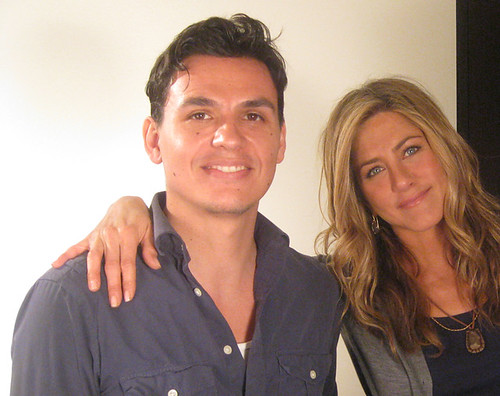
1. Jennifer Aniston
Jennifer Aniston, synonymous with comedic timing and relatable characters from “Friends” to rom-coms and indie dramas, might seem a natural fit for the MCU’s tradition of turning comedic actors into superheroes. Figures like Chris Pratt, Paul Rudd, and Simu Liu have made seamless transitions. It’s not a stretch to imagine Aniston bringing her charm to a long-term role within the franchise.
However, Aniston has made her stance unequivocally clear. In a 2019 interview, she expressed disinterest in such projects, lamenting the state of Hollywood filmmaking. Her concern stemmed from the ubiquity of Marvel movies and their imitators, which she felt were diminishing grounded stories about everyday people. This highlighted her preference for narratives rooted in the real world, where her celebrated live-action roles predominantly reside.
Her reluctance also centered on technical aspects. Aniston specifically noted her lack of interest in films heavily reliant on green-screen technology. Her cinematic interests, focused on romantic comedies and independent dramas, do not align with the increasingly stylized and multiversal shenanigans of the modern MCU. With a packed schedule of projects like “The Morning Show,” Aniston clearly finds fulfillment in roles resonating more closely with her artistic sensibilities.
Read more about: Lights, Camera, Love! 14 Famous Couples Who Fell Head Over Heels While Filming Together
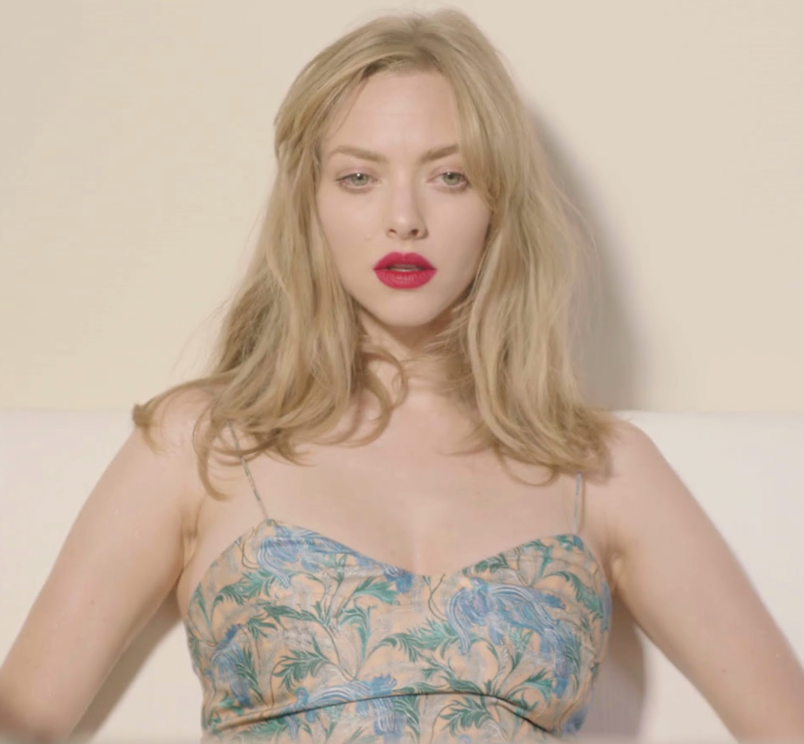
2. Amanda Seyfried
Amanda Seyfried was once very close to becoming part of the Marvel universe, a finalist for Gamora in “Guardians of the Galaxy,” a role that went to Zoe Saldana. Despite this near-miss, it’s highly improbable Seyfried will ever accept a role in a Marvel movie or any other large-scale blockbuster franchise, a decision rooted in a deeply uncomfortable past experience.
Her aversion to blockbuster work solidified in 2015, following a small appearance in “Pan.” Seyfried found the demands of wirework and green-screen performances incredibly disorienting and physically uncomfortable. This negative experience led her to swear off similar endeavors forever, reinforcing a pre-existing disdain for stuntwork, an area she explicitly did not wish to pursue. The physical toll and artificiality of such productions proved a significant deterrent.
Furthermore, Seyfried later revealed additional, pragmatic reasons for turning down Gamora. She doubted the original “Guardians of the Galaxy” would be a box office success. More pointedly, the prospect of applying green makeup every single day held no appeal. This combination of physical discomfort, aesthetic disinterest, and lack of creative fulfillment cemented her decision to forgo MCU opportunities, making it clear that superhero titles are not on her eclectic career path.
Read more about: Angelina Jolie and Beyond: Unpacking TIFF 2025’s Most Authentic Red Carpet Style Moments
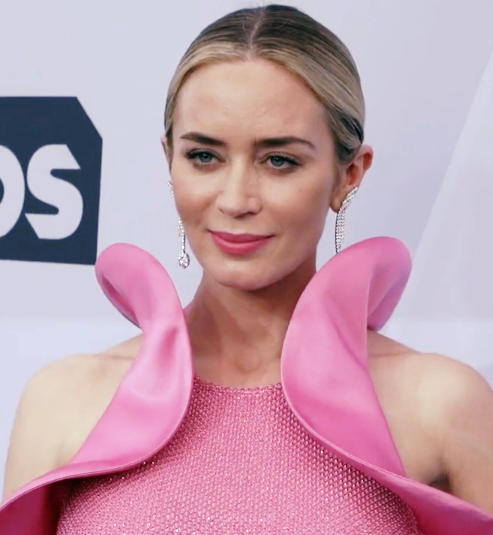
3. Emily Blunt
Emily Blunt’s MCU connection is well-known; she was famously close to embodying Black Widow in “Iron Man 2,” but a contractual obligation to “Gulliver’s Travels” prevented it. For years, fans have fantasized about Blunt joining, especially given her impressive turns in action films like “Edge of Tomorrow” and “Jungle Cruise,” showcasing formidable genre capacity.
Despite her action prowess, Blunt has, in recent years, openly expressed weariness with the superhero genre. She enjoys certain superhero movies, but the sheer volume and omnipresence of Marvel and DC films and TV shows have led to genre exhaustion. “We are inundated,” she noted, highlighting the constant stream of productions which has curtailed her current interest in an MCU role.
While she has cautiously left the door open for a uniquely interesting character, Blunt made it clear that the sprawling multimedia lore and contractual obligations of the MCU may not be an ideal creative home. Her recent artistic ventures, including “Oppenheimer” and “Pain Hustlers,” are distinctly removed from MCU fare. This divergence in artistic interests, coupled with her disillusionment, strongly suggests Emily Blunt won’t be suiting up for Marvel anytime soon.
Read more about: Elon Musk’s Definitive Stance: Separating Fact from Fiction in the Tesla Phone Frenzy
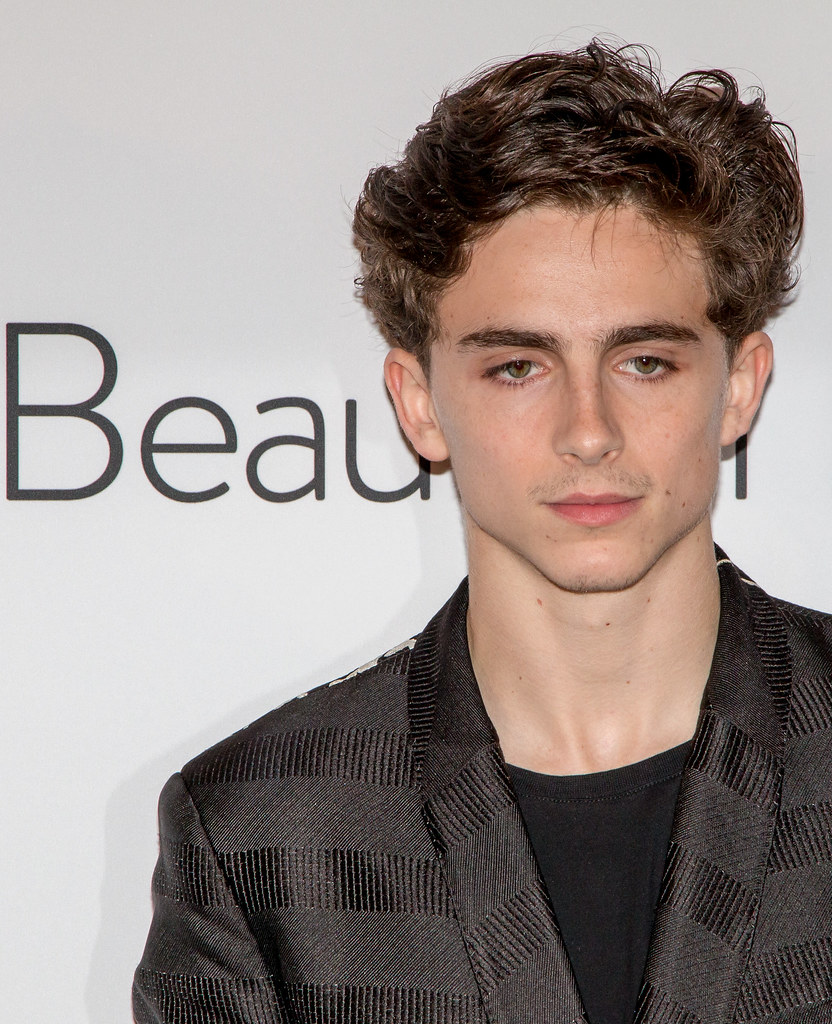
4. Timothee Chalamet
Timothee Chalamet stands out as a rare breed: a genuine movie star discerning about his projects. Following acclaimed breakout performances, he has strategically chosen engagements like the “Dune” films and “Wonka,” cementing his status as a formidable leading man. He chose a curated path over capitalizing on immediate fame.
Yet, audiences are unlikely to see him in the Marvel Cinematic Universe. This isn’t necessarily disdain for superhero movies; Chalamet has acknowledged admiration for films like “The Dark Knight.” His decision appears pragmatic, guided by invaluable advice from Leonardo DiCaprio, who reportedly urged him to steer clear of “hard drugs and superhero movies.”
This sage counsel advised Chalamet to prioritize building his reputation as an independent box office draw and leading man. The rationale is that while Marvel films generate immense numbers, actors don’t always become “movie stars” in the public’s perception, often associated more with characters. Actors like Chris Hemsworth or Chris Evans can struggle to sell non-Marvel films. Chalamet, by contrast, has meticulously positioned himself as the primary draw, proving the efficacy of adhering to DiCaprio’s influential guidance.
Read more about: The Cutting Room Floor Chronicles: 14 Times Prominent Actors’ Roles Were Slashed from Major Films
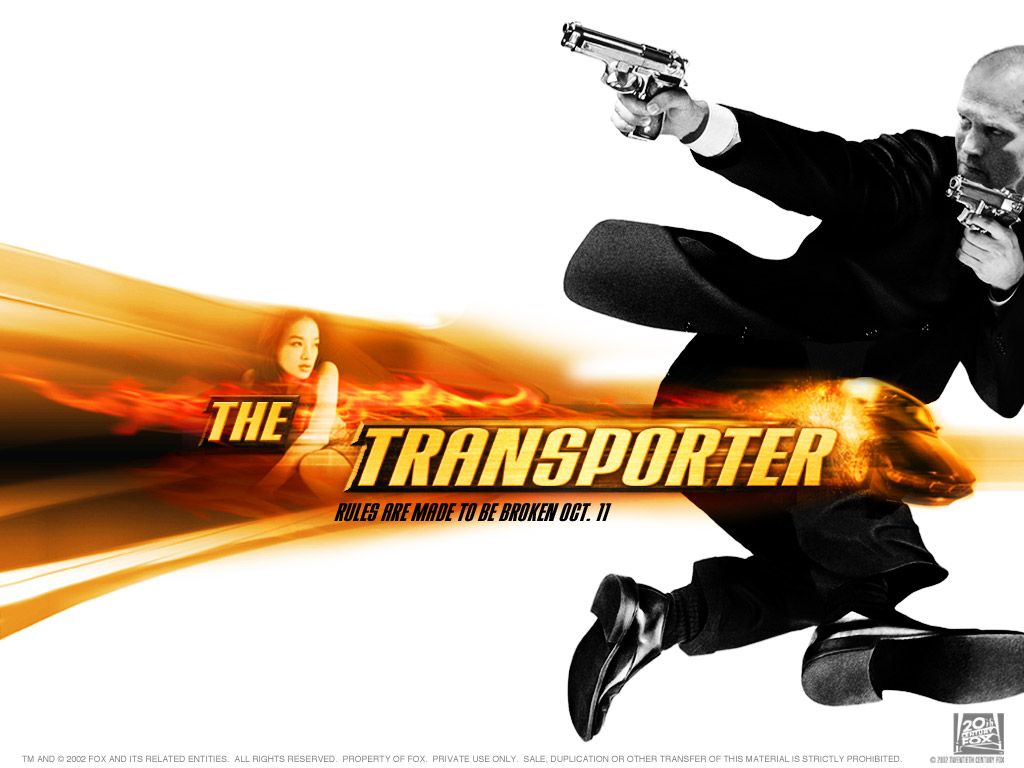
5. Jason Statham
Jason Statham, the bald British icon, is known for his formidable presence and relentless action sequences. He has battled diverse adversaries, but one arena fans shouldn’t expect him in is the Marvel Cinematic Universe. He has long been adamant about his disinterest in this franchise and, more broadly, superhero fare.
While often vague about his reasons, Statham has provided clarity, linking his perspective directly to his cinematic idols. His blueprint for action movies was heavily influenced by ’80s action legends and classic “cool guy” actors like Steve McQueen. For Statham, these figures epitomized the quintessential leading man – individuals who could be larger than life without capes, cowls, or tight spandex.
He respects the craft and effort in superhero movies. Nevertheless, his personal adherence to a filmmaking ethos harking back to his movie star idols means he holds no ambition to join MCU ranks. Statham’s vision for an action hero is built on tangible, often gritty, physical prowess rather than elaborate special effects, making the heavily green-screen dependent world of Marvel inherently less appealing to his artistic sensibilities.
Read more about: The Ultimate Statham Showdown: Ranking the 7 Must-Watch Action-Packed Bangers That Define His Legacy!
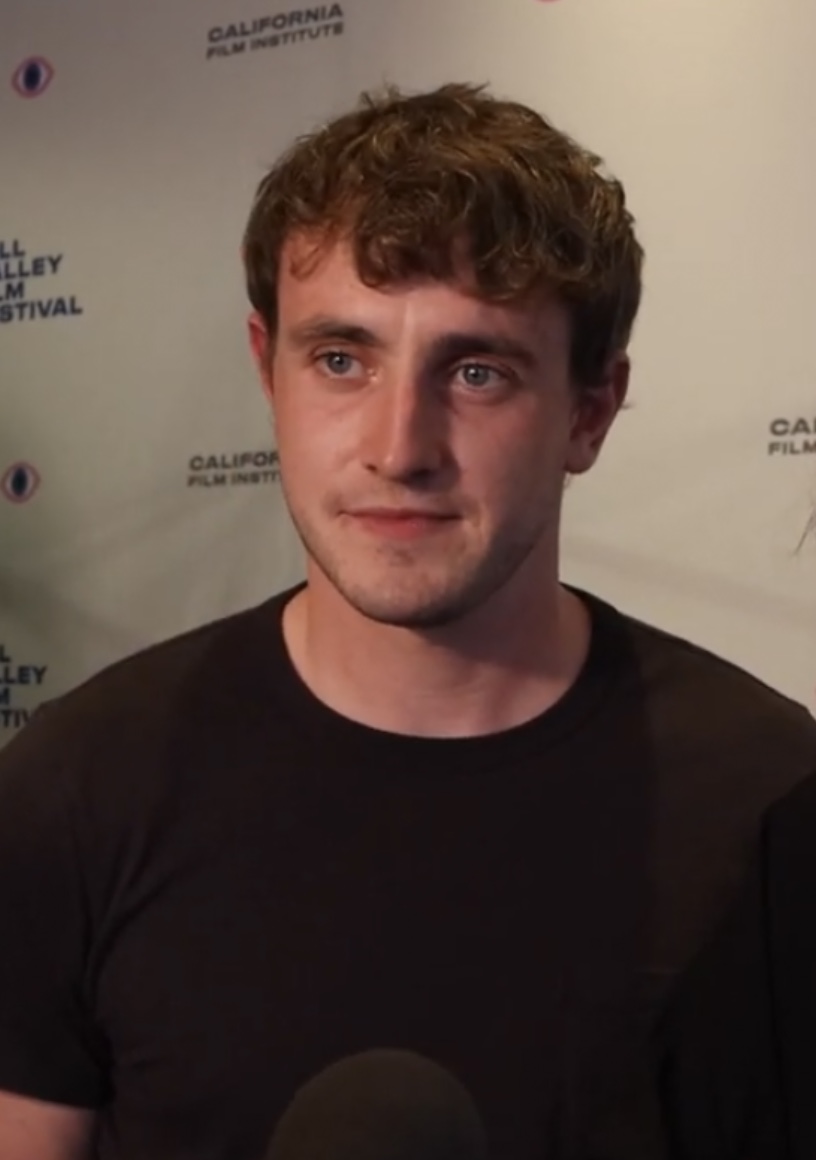
6. Paul Mescal
Paul Mescal has rapidly ascended as one of the burgeoning movie stars of the 2020s, leveraging acclaimed performance in “Normal People” into a thriving film career. His lauded portrayals in “All of Us Strangers” and “Aftersun” solidified his reputation. While he dipped his toes into blockbusters with “Gladiator II,” audiences shouldn’t anticipate his imminent arrival in the MCU.
Mescal was rumored for Johnny Storm in “The Fantastic Four: First Steps.” However, he recently dispelled these rumors, revealing he didn’t feel “cut out” for a serialized role within the Marvel Cinematic Universe. While open to certain other unnamed franchise roles, the specific nature of the MCU and similar superhero work wasn’t something he was eager to pursue.
It’s not difficult to understand Mescal’s reluctance. Committing to a lengthy, multi-film contract for an MCU role could significantly restrict his artistic freedom and deprive him of engaging in the grounded, character-driven dramas that made him sought-after. This approach ensures Mescal can continue to set his artistic sights on a broader spectrum of projects beyond just franchise fare.
Read more about: Why Tombstone Endures: Dissecting the Cinematic Craft That Forged a Western Legend
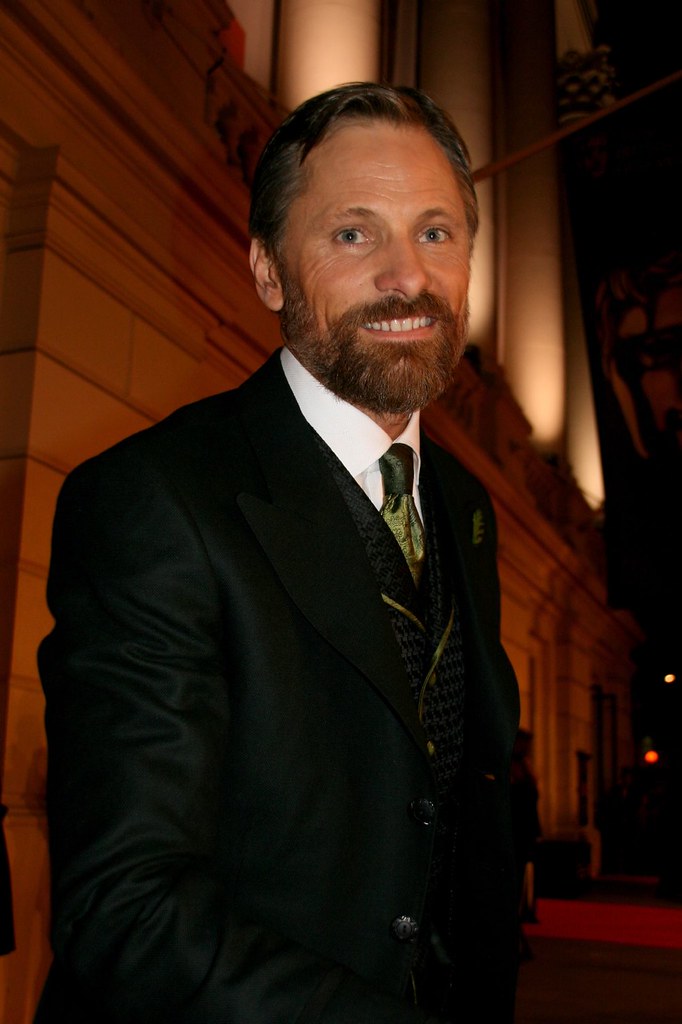
7. Viggo Mortensen
Viggo Mortensen’s illustrious career includes his iconic portrayal of Aragorn in “Lord of the Rings,” cementing his status as a beloved fantasy hero. Yet, despite this experience, fans hoping to see him in an upcoming Marvel tentpole should temper expectations. Though rumored for Doctor Strange, Mortensen’s perspective on superhero roles has been consistently wary.
In 2021, Mortensen openly shared that he harbored a distrust of superhero roles ever since he turned down Wolverine in the first “X-Men.” His primary concern, and significant aversion to the genre, stems from “playing the same character endlessly.” This contrasts with Aragorn, a finite role allowing a clear arc. The open-ended, multi-decade commitment often associated with Marvel roles proved unappealing.
Mortensen reiterated these convictions, emphasizing that many franchise movies felt “creatively empty,” offering “no real excitement or allure as an artist.” He stated that unless facing genuine financial hardship, he had no interest in joining the MCU. He has remained active and fulfilled, garnering Oscar nominations and venturing into directing, underscoring his commitment to roles resonating deeply with his artistic standards, making an “Avengers: Secret Wars” appearance highly improbable.
The allure of a global stage and multi-million dollar paychecks is undeniably powerful, yet for a surprising number of Hollywood’s elite, the intricate web of a superhero saga simply isn’t the right fit. As we continue our exploration into why certain acclaimed performers opt out of the capes-and-cowls universe, we uncover deeper layers of artistic integrity, personal conviction, and a critical eye toward the changing landscape of cinema itself. Their decisions aren’t just about turning down a role; they’re about defining a career, preserving creative freedom, and sometimes, making a stand against the very forces that dominate the industry.
These actors offer compelling, often nuanced, perspectives that challenge the conventional wisdom of franchise appeal. They reveal concerns ranging from the restrictive nature of long-term contracts to the perceived lack of artistic depth in certain blockbuster formulas, and even the subtle impacts of previous high-profile experiences. It’s a fascinating look behind the curtain at what truly motivates some of the most respected talents in film.
Read more about: Oops! 14 Times Celebrities Totally Embarrassed Themselves on a TV or Movie Set (And We Can’t Look Away!)
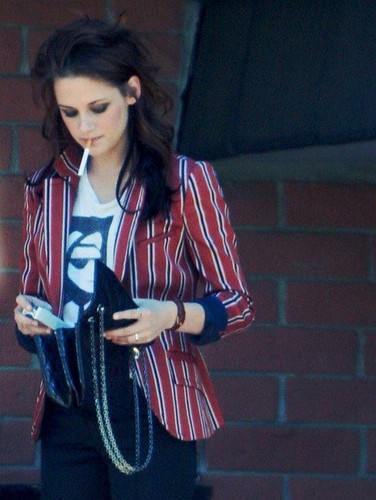
8. Kristen Stewart
Kristen Stewart’s career trajectory is a study in purposeful reinvention. After achieving mega-stardom as the lead in the “Twilight” saga, she and co-star Robert Pattinson both made a conscious pivot towards independent arthouse cinema, seeking roles that offered greater artistic challenges and personal fulfillment. While Pattinson eventually returned to the blockbuster fold with “The Batman,” Stewart has largely maintained her focus on smaller, more nuanced projects, with only the occasional dip into mainstream fare like “Charlie’s Angels.”
Her stance on superhero movies is particularly blunt and revealing. In 2024, Stewart unequivocally stated that Marvel movies were not on her creative radar, going so far as to describe the prospect of joining such a project as an “absolute nightmare.” This strong aversion is rooted not only in her preference for diverse roles but also, as she implied, in past industry experiences. Stewart has publicly shared that she was once advised to conceal her queerness if she hoped to land a high-profile role, like that of a Marvel superhero, painting a picture of an environment that might demand a level of conformity she’s unwilling to provide.
Stewart’s artistic interests are clearly aligned with expanding her range through challenging, original work, a stark contrast to the sprawling, often long-term commitments required by the MCU. The only condition under which she suggested she might consider a Marvel movie was if Greta Gerwig were directing, highlighting her selective approach and a deep trust in certain artistic visions. Her reluctance showcases a performer prioritizing authenticity and creative control over the commercial juggernaut of franchise filmmaking.
Read more about: Lights, Camera, Love! 14 Famous Couples Who Fell Head Over Heels While Filming Together
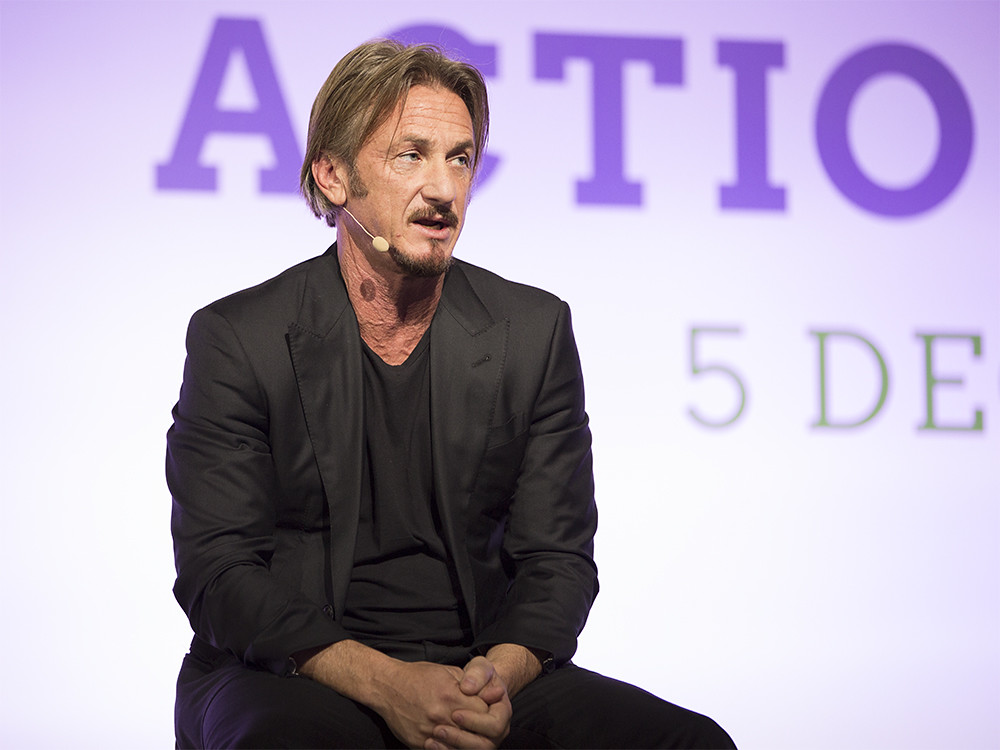
9. Sean Penn
Sean Penn occupies a unique space in Hollywood as an actor celebrated for his intense, grounded performances and a distinct aversion to genre filmmaking. Unlike many of his peers from previous eras, such as Robert Redford or Michael Douglas, who have embraced roles within the MCU, Penn has consistently chosen film roles that are ultra-choosy and rooted in realistic character portrayals. This dedication to dramatic authenticity sets him apart, making a superhero role almost antithetical to his established career.
Beyond his personal preferences, Penn has been a vocal and trenchant critic of the superhero industrial complex. In 2021, he openly lambasted the franchise’s overwhelming dominance of the modern cinematic landscape, expressing concern over its impact on the industry. He specifically lamented how many actors had dedicated, or perhaps “lost,” valuable years of their lives to multiple, contractually obligated movies for Marvel, a sentiment that resonates with other actors’ frustrations over long-term commitments.
Given Penn’s uncompromising nature and Marvel Studios’ meticulous PR strategy, it’s highly improbable that the two entities would ever align. Penn’s reputation for outspokenness, often leading to public controversies, would make him a volatile addition to a tightly controlled franchise. His enduring commitment to his artistic principles, coupled with his critical view of the MCU’s influence, means that the siren call of a superhero film will almost certainly go unanswered by this Oscar-winning actor.
Read more about: From Pasadena to Primetime: Where Are The Big Bang Theory’s Beloved Stars Now?

10. Jessie Buckley
Jessie Buckley has rapidly emerged as one of the 2020s’ most compelling rising stars, building an acclaimed career through challenging, original independent projects rather than by gravitating towards conventional blockbusters. Her lauded performances in films like “All of Us Strangers” and “Aftersun” have solidified her reputation as an actor drawn to complex, character-driven narratives, distinguishing her from many who might view franchise work as an inevitable step to wider recognition.
When asked about superhero projects, Buckley’s response was notably reflective and critical. She revealed a surprising fact: she had never actually seen a Marvel movie. Her primary reservations revolved around the “morality” of acting in such productions and the broader effect these films have on the cinematic landscape. This perspective goes beyond mere genre preference, touching on a more profound ethical and artistic consideration about the kind of cinema she wishes to contribute to.
Buckley’s indifference to an MCU acting gig is clear, rooted in a fundamental lack of interest in big-budget genre films. Her career trajectory is a testament to the fact that immense talent can thrive by focusing on challenging, original work, demonstrating that not all acclaimed actors feel the need to conform to the blockbuster model. Her commitment to projects that resonate with her artistic and moral compass offers a powerful counter-narrative to the prevailing industry trends.
Read more about: Buckle Up, Cinephiles! These Upcoming Movie Remakes and Reboots Have Fans Actually Hyped (And They Might Even Outshine the Originals!)
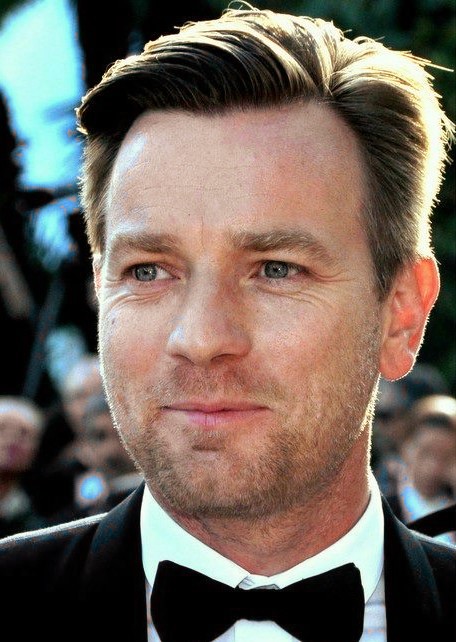
11. Ewan McGregor
Ewan McGregor’s illustrious career showcases immense talent, with iconic roles in films like “Trainspotting” and his defining portrayal of Obi-Wan Kenobi in the “Star Wars” prequel trilogy and subsequent Disney+ series. Given his deep-rooted connection to one of Disney’s most successful sci-fi sagas and roles in other major Disney productions, it might seem logical for McGregor to eventually find his way into the Marvel Cinematic Universe. However, his feelings on the matter are quite nuanced.
McGregor has openly shared his conflicted views on joining the MCU, primarily stating that he doesn’t want to juggle another demanding franchise. His extensive experience within the “Star Wars” universe, which has spanned decades and multiple projects, appears to have satiated any desire he might have had for massive, interconnected cinematic worlds. He views his involvement in that galaxy far, far away as sufficient to satisfy his big-budget cinema cravings, negating the “need” for another such commitment.
The actor’s artistic interests are remarkably varied, encompassing film work, stage acting, and directing, alongside his ongoing “Star Wars” appearances. The prospect of a lengthy MCU gig devouring more of his precious time, especially when he’s already deeply committed and creatively fulfilled by “Star Wars,” simply holds little appeal. While he cautiously keeps the door open with a “never say never” attitude, it’s evident that McGregor is not actively seeking to add an MCU character to his already rich and diverse filmography, preferring artistic freedom over franchise ubiquity.
Read more about: Hollywood’s Unscripted Dramas: 6 Actors Who Got Injured Out of Their Iconic Roles

12. Jon Hamm
Jon Hamm, known for his charismatic performances in both dramatic and comedic roles, and having appeared in several action flicks, might seem like a prime candidate for an MCU appearance. Yet, the acclaimed actor has voiced significant frustration with the superhero film model, particularly concerning the extensive and often restrictive contractual agreements that actors are expected to sign with major studios like Disney.
Hamm explicitly labeled these extensive picture deals as “draconian,” highlighting a core issue that many actors, especially those with established careers, find unappealing. He articulated his reluctance by stating that signing on to a superhero movie now would mean “working until I am fifty as that particular superhero.” This commitment to a single character for potentially a decade or more clashes directly with his stated reason for entering the business: “to do many things.”
This perspective underscores a fundamental conflict between an actor’s desire for diverse creative work and the long-term, multi-film obligations inherent in today’s dominant franchises. While Hamm did voice Iron Man in the animated “M.O.D.O.K.” TV series, this distinction between voice work and the full-scale, long-term commitment of a live-action role in the MCU further illustrates his stance. For Hamm, creative breadth and freedom are paramount, making the idea of being contractually bound to one character for years an “odd choice.”
Read more about: Beyond the Credits: Ranking the 14 Most Satisfying Villain Deaths in Cinema History
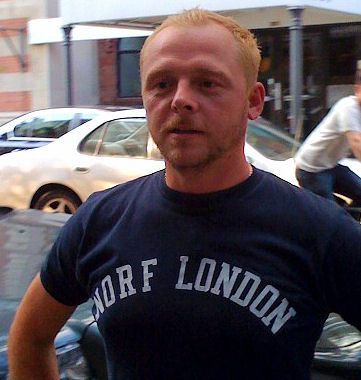
13. Simon Pegg
Simon Pegg, a beloved figure in genre cinema thanks to his work in franchises like “Star Trek” and “Mission: Impossible,” and even having appeared in Amazon Prime’s satirical superhero show “The Boys,” still harbors clear reservations about joining the Marvel Cinematic Universe. Despite his familiarity with big-budget productions and fantastical worlds, Pegg articulated a definitive lack of eagerness to plunge into Marvel’s expansive universe.
His primary reason for this reluctance centers on a desire for artistic growth and autonomy. Pegg expressed a keen interest in pursuing “more sort of grown up stuff in the future,” a sentiment that suggests a longing for roles that offer different creative challenges than those typically found in superhero fare. Furthermore, a significant deterrent for him, as for others, is the potential for restriction imposed by lengthy Marvel contracts, which could prevent him from taking on other, more varied work.
Pegg’s desire to “be a bit more free” encapsulates the value many actors place on creative control and flexibility. He acknowledges that while joining such franchises can be lucrative, “you’re tied to them for years and that can be a little bit restrictive.” This preference for an unencumbered career path, allowing him to explore diverse projects without long-term commitments, makes it highly unlikely that we’ll see him suiting up for the MCU anytime soon, prioritizing variety over the undeniable visibility of a superhero role.
Read more about: 14 TV Wives Who Deserved Way Better Than Their On-Screen Husbands, Periodt.
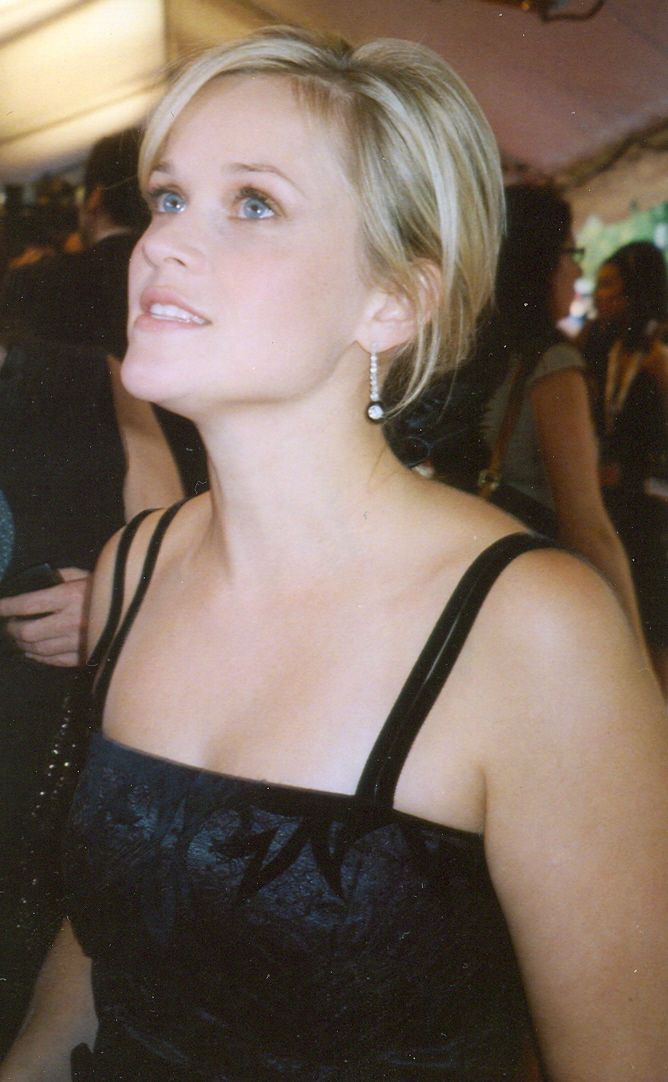
14. Reese Witherspoon
Reese Witherspoon, a decorated actress and successful producer, offers another interesting perspective on declining superhero roles. While she has proven her versatility across romantic comedies, dramas, and even thrillers, Witherspoon has candidly admitted her lack of enthusiasm for what she once described as “giant robot” flicks, a categorization that arguably encompasses many superhero films. Her disinterest stems from a straightforward genre preference that simply doesn’t align with the fantastical, action-heavy nature of these blockbusters.
Beyond personal taste, Witherspoon also touched upon the issue of suitable roles, specifically noting, “And there’s not a part for a 34-year-old woman in a robot movie.” While the landscape of superhero films has evolved since this comment, increasingly offering more diverse roles for women, her observation highlighted a past reality where such genres often lacked compelling, age-appropriate characters for actresses of her caliber. This illustrates how the availability and depth of roles can significantly influence an actor’s decision to participate in a franchise.
It’s important to note that her disinterest doesn’t equate to a blanket condemnation. Witherspoon herself expressed immense admiration for Brie Larson’s “Captain Marvel” upon its release, celebrating its impact and Larson’s performance. This suggests her refusal isn’t born of cynicism, but rather a pragmatic assessment of where her talents and interests best align. For Witherspoon, the ongoing search for roles that are rich, meaningful, and creatively fulfilling continues to steer her career path away from the spandex and CGI-laden worlds of superhero cinema.
Read more about: Dive In! 12 Beach-Ready TV Shows You Absolutely MUST Binge This Summer
These diverse decisions, born from a blend of artistic vision, professional pragmatism, and deeply held personal values, collectively paint a rich picture of an industry in flux. While the Marvel Cinematic Universe, and indeed the broader superhero genre, continues its seemingly inexorable expansion, it simultaneously prompts a fascinating counter-narrative: the conscious and often principled choice to remain outside its gravitational pull. These actors, through their thoughtful refusals, affirm that for many, the ultimate prize in Hollywood is not necessarily universal fame or guaranteed box office, but the enduring freedom to shape a career on their own terms, to chase stories that truly resonate, and to maintain a creative autonomy that cannot be quantified by multi-film contracts or cosmic battles. In a world increasingly dominated by cinematic universes, their unwavering commitment to alternative paths is a powerful reminder that varied voices and diverse ambitions continue to enrich the vibrant tapestry of filmmaking.

